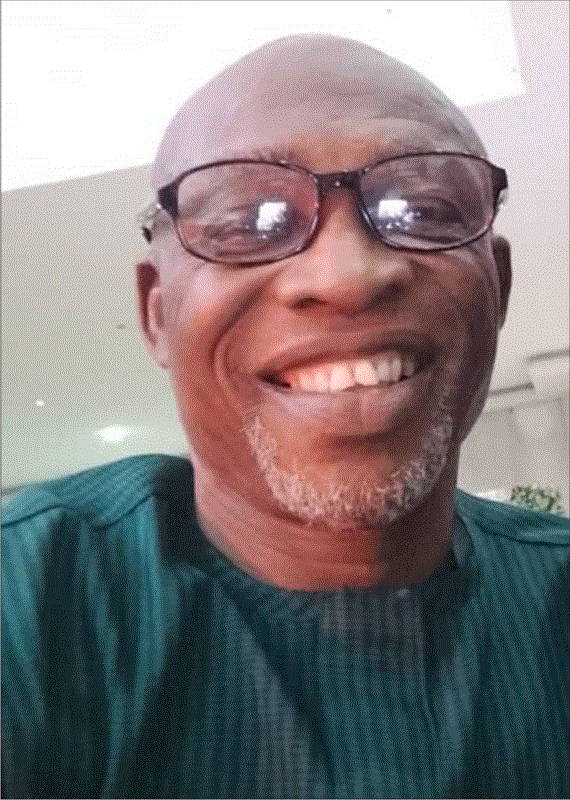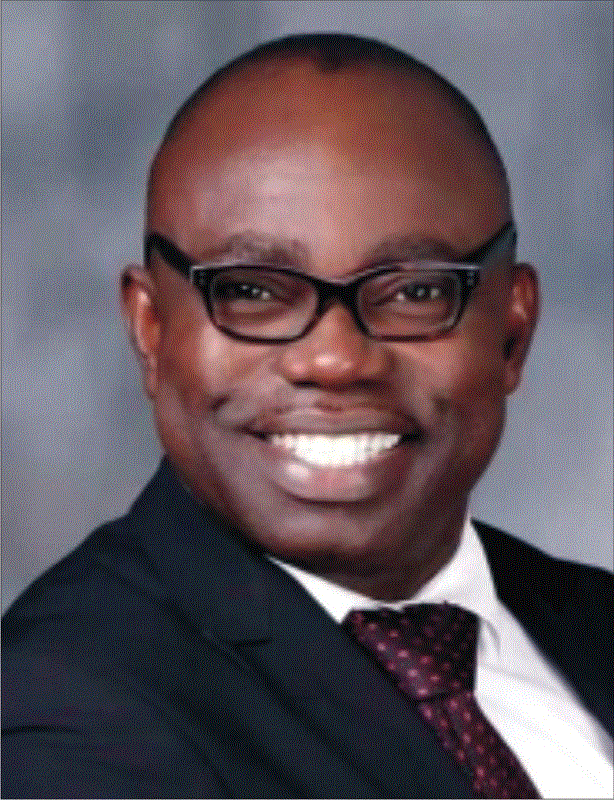2021 World Human Rights Day: CEHRD Urges The Nigerian Government To Uphold Its Commitment To Create A Safe And Secure Society
Centre for Environment, Human Rights and Development (CEHRD), a non-governmental organization working to promote Human and Environmental Rights, Community Health and Rural Development and combat poverty and all forms of injustice in Nigeria calls on Nigerian government to uphold its commitment to create a safe and secure Society.
Nigeria in recent times has witnessed an unprecedented level of insecurity such as Boko Haram terrorism, insurgency, banditry, kidnapping, Fulani-Herders attacks on Farmers and their communities that resulted to death of thousands of people, destruction of communities and internal displacement of many from their homes.. This has made national security threat to be a major issue for the government and has prompted a huge allocation of the national budget to security. Despite the huge budgetary allocation on security, the level of insecurity in the country is becoming worse by the day. Many activists have criticized the efforts of the government as mere political and that the government has not decisively put in measures to protect life and property of the common citizens. In addition, Nigeria has consistently ranked low in the Global Peace Index (GPI, 2020), signifying a worsened state of insecurity in the country. This has defeated the whole primary essence of government; which is the protection of life and property.
With the lingering security challenges and the inability of the security apparatus of the government to guarantee safety and security in the country, the question that bothers everyone in Nigeria today is “can there be security?” Is the security of lives and properties achievable? Mr. StyvnObodoekwe, the Director of Programme of CEHRD opined that government at all levels has not done enough by not confronting the situation head-on and dealing with it decisively.Others have argued that the situation has a political undertone or inclination calculated to serve the interest of certain political gods, who have been dissatisfied and disgruntled about the political manifestations in the country.
The state of insecurity in Nigeria has been observed by most human rights activists as greatly a function of government failure or can be linked to government failure. This is manifested by the incapacity of the government to deliver public services and to provide basic needs for the citizens. The lack of basic necessities by the people in Nigeria has created a pool of frustrated people who are ignited easily by any event to be violent. The argument here is that Nigeria has the resources to provide for the needs of its people, but corruption in public offices at all levels has made it impossible for officeholders to focus on the provision of basic needs for the people. The Nigerian situation is a ‘Paradox of Plenty; a situation where the country earns a great deal of revenue through oil sales but fails to use these earnings to meet the needs of its people.. When these situations exist, the crime rate is bound to rise and the security of lives and properties cannot be guaranteed.
Rightly, Nigerians are pointing out that it is their future which is at stake, and the future of all those who have not yet even been born. It is they who will have to bear the full consequences of the actions, or inaction, by the older generations who currently run governments and are not taking appropriate measures to end insecurity in the country..
Nigeria must uphold the painstakingly developed universal human rights principles that sustain peace, justice and sustainable development. A world with diminished human rights, including right to life and right to security of human persons as contained in different human rights instruments is a world that is stepping backwards into a darker past, when the powerful could prey on the powerless with little or no moral or legal restraint.
We have a duty to ensure that the voice of everyone, in spite of ethnicity, religion or affiliation are heard. The Universal Declaration of Human Rights, adopted by the UN General Assembly on 10 December 1948, is a firm commitment by States to protect the rights of everyone – and that includes making it possible for future generations to uphold human dignity, equality, security and rights.
All human beings have a right to participate in decisions that have impact on their lives. In order to ensure more effective decision-making, and to build greater trust and harmony across their nations, the leaders of every society should be listening to their people – and acting in accordance with their needs and demands.
Nothing summarizes these aims, the leitmotif of the international human rights system, more clearly and succinctly than Article 1 of the Universal Declaration, which states boldly and unequivocally that “All human beings are born free and equal in dignity and rights. They are endowed with reason and conscience and should act towards one another in a spirit of brotherhood.”
No country, no community, will be spared by the spate of insecurity and insurgency, as it intensifies. Already, we are seeing the most vulnerable communities suffering terrible damage. People are losing homes, livelihoods – and lives. Inequalities are deepening, and more people are being forced into displacement. We must act quickly, and with principle, to ensure the least possible harm is done to human beings.
It is not just concerns about the accelerating insecurity and insurgency that have driven millions to stand up and demand action. In every region, people are finding their voice to speak up about inequalities and repressive institutions. We are inspired by the courage, clarity and principle of all these people, some of them very young indeed, who are standing up peacefully, in order to right the wrongs of our era and create greater freedom, peace and justice. They are the living expression of human rights. We however condemn the violent response of the Nigerian government to citizens’clamor and attempts to mobilize and organize against human rights violations, with particular reference to government’s violent responses to the ENDSARS peaceful protests.
Policy-makers everywhere need to listen to these calls. And in response, they need to shape more effective, and more principled policies.
We have a right to live free from insecurity and threat of wanton death and destruction and free from fear. .
We need to mobilize across the world – peacefully and powerfully – to advance a world of rights, dignity and choice for everyone. The decision-makers understood that vision very clearly in 1948. Do they understand it now? We urge world leaders, African Leaders and the Nigerian government at all levels to show true leadership and long-term vision and set aside narrow national political interests for the sake of everyone, including themselves and all their descendants.




